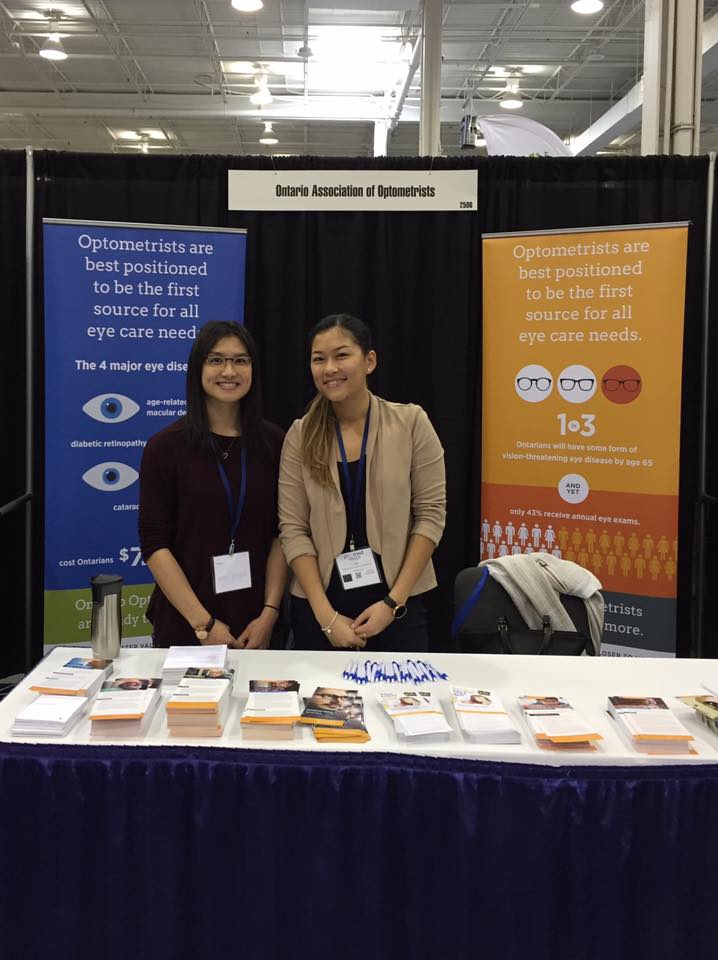Glaucoma is the second most common cause of blindness worldwide and as many as 4.5 million people are blind because of it. This number will rise to 11.2 million by 2020.
“It’s one of those things that is very advanced by the time people have symptoms. That’s why it’s really important to have an eye exam with a doctor of optometry to ensure it’s being monitored or that it’s caught early and treated so you don’t have vision loss.” – Dr. Maggie Gibb
Click here to read more
Damage from glaucoma starts gradually and subtly, so that by the time you notice any changes in your vision, it is already advanced. The damage is mostly irreversible once it has occurred, so it’s important to detect it early and start treatment early to slow down progression.
If you are…
– over the age of 40
– have a family member with glaucoma
– are of African, Hispanic, or Asian heritage
– have high eye pressure
– have had an eye injury
– have corneas that are thin; or
– have diabetes, migraines, high blood pressure, poor circulation, or other health problems affecting the whole body
…then you are more at risk of developing glaucoma. Come in for a comprehensive eye exam, and talk to Dr. Lee about your risk of getting glaucoma. She will let you know how often you need to come in for follow up exams.
Early detection and treatment can protect your vision. If you haven’t had an complete eye exam in the last 1-2 years, you need to schedule a complete eye disease assessment, even if you don’t need glasses or have any symptoms.
Call (905) 666-4848 to schedule an eye appointment today!



